Featured Speakers
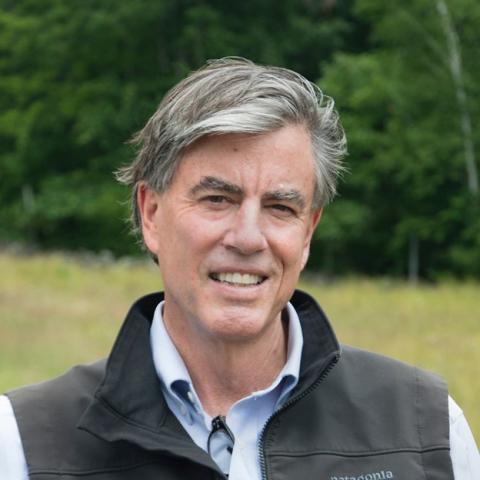
David Foster is an ecologist, Director Emeritus of the Harvard Forest, and President Emeritus of the Highstead Foundation. His commitment to the integration of forest and farmland conservation with resilient community development led to the founding of the Wildlands, Woodlands, Farmlands & Communities initiative in 2010 and the publication of Wildlands in New England—Past, Present, and Future in 2023. David’s early research centered on wilderness dynamics in Labrador with comparative studies in Sweden and Norway. In New England, his work is informed by studies in Harvard’s old-growth Pisgah Forest, which continues to yield insights 85 years after it was levelled by the 1938 hurricane. David has written and edited books including Thoreau’s Country: Journey Through a Transformed Landscape; Forests in Time: The Environmental Consequences of 1000 Years of Change in New England; Hemlock: A Forest Giant on the Edge; and A Meeting of Land and Sea: The Nature and Future of Martha’s Vineyard.
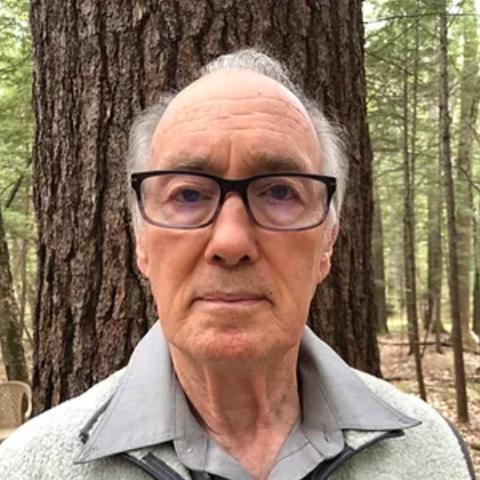
Bob Leverett is co-founder of the Native Tree Society, co-founder and President of Friends of Mohawk Trail State Forest, Chair of the Massachusetts Department of Conservation and Recreation Forest Reserves Science Advisory Committee, and co-author of the American Forests Champion Tree-Measuring Guidelines Handbook. Educated as an engineer, Bob is a recognized expert in the discipline of measuring trees for both science and sport. Currently, he is working with climate scientists to help measure carbon sequestration in individual trees. Co-author of several books, including the Sierra Club Guide to Ancient Forests of the Northeast, he has been the central figure in the Ancient Eastern Forests Conference Series. A co-discoverer of most of the known old growth in Massachusetts, his association with old-growth forest confirmations dates to the middle 1980s.
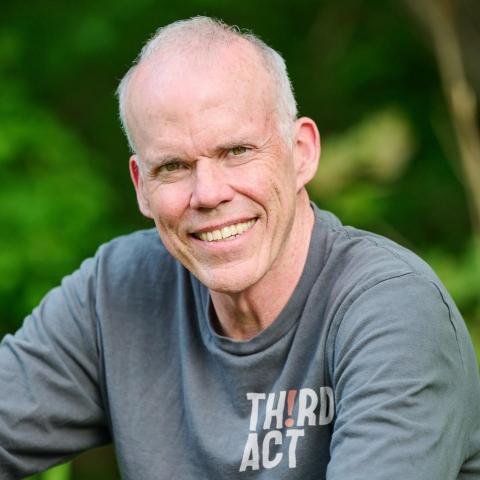
Bill McKibben is a contributing writer to The New Yorker, and a founder of Third Act, which organizes people over the age of 60 to work on climate and racial justice. He founded the first global grassroots climate campaign, 350.org, and serves as the Schumann Distinguished Professor in Residence at Middlebury College in Vermont. In 2014 he was awarded the Right Livelihood Prize, sometimes called the ‘alternative Nobel,’ in the Swedish Parliament. He's also won the Gandhi Peace Award, and honorary degrees from 19 colleges and universities. He has written over a dozen books about the environment, including his first, The End of Nature, published in 1989. Bill’s latest book is The Flag, the Cross, and the Station Wagon: A Graying American Looks Back at his Suburban Boyhood and Wonders What the Hell Happened.
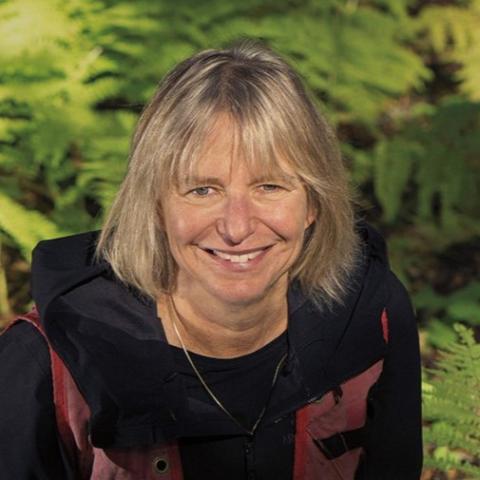
Suzanne Simard (appearing virtually) is a Professor of Forest Ecology at the University of British Columbia and the leader of The Mother Tree Project, which researches forest renewal practices that protect biodiversity against climate change. Dr. Simard’s work has been published widely, with over 170 scientific articles in peer-reviewed journals, including Nature, Ecology, and Global Biology. She is also co-author of the book Climate Change and Variability. Her latest book, Finding the Mother Tree, brings us into the intimate world of trees, exploring the ways in which trees learn and adapt their behaviors, remember the past, demonstrate agency over the future, and cooperate with a sophistication typically ascribed to humans. Dr. Simard’s research has been communicated broadly through TED Talks and TED Experiences, as well as articles and interviews in The New Yorker, National Geographic, The Globe and Mail, NPR, CNN, CBC, and many more.
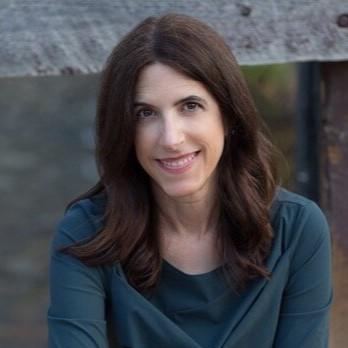
Florence Williams is a journalist, author, and podcaster. She is a contributing editor at Outside Magazine and a freelance writer for the New York Times, New York Times Magazine, National Geographic, The New York Review of Books and numerous other publications. Florence’s latest book, Heartbreak: A Personal and Scientific Journey, won the 2023 PEN/E.O. Wilson Award for Literary Science Writing. Her 2017 book, The Nature Fix, was an Audible bestseller and was named a top summer read by J.P Morgan. A fellow at the Center for Humans and Nature and a visiting scholar at George Washington University in Washington, D.C., Florence’s work focuses on the environment, health and science. She has received many awards, including a PEN America award, two National Magazine Award nominations, six magazine awards from the American Society of Journalists and Authors, and the John Hersey Prize at Yale. Her work has been anthologized in numerous books, including Outside 25, the New Montana Story, How the West Was Warmed and Best American Science and Nature Writing 2008. Florence serves on the board of two of her favorite non-profits, the Trust for Public Land and the Ted Scripps Fellowship in Environmental Journalism.
Speakers by Conference Theme
Andrew Barton, Professor of Biology at University of Maine Farmington, author of The Changing Nature of the Maine Woods, and Ecology and Recovery of Old-growth Forests in Eastern North America
Jaci Braund, Ecologist with Pennsylvania Natural Heritage Program
Charlie Cogbill, Historical ecologist and associate of Harvard Forest, faculty of Sterling College, formerly at Hubbard Brook Experimental Forest
David Foster, Ecologist, Director Emeritus of the Harvard Forest, President Emeritus of the Highstead Foundation, and author or editor of numerous books as well as the 2023 report, Wildlands in New England—Past, Present, and Future.
Shawn Fraver, Associate Professor of Forest Ecology, University of Maine
Lee Frelich, Director of University of Minnesota Department of Forest Resources
Max Henschel, Ecologist with the New York Natural Heritage Program
Bob Leverett, Co-founder and Director of Native Tree Society, noted author of numerous old-growth forest publications, tree measuring expert, MA
Dave Orwig, Senior Forest Ecologist at Harvard Forest, MA
Neil Pederson, Senior Forest Ecologist at Harvard Forest, MA
Justin Schlawin, Forest Ecologist with Maine Natural Areas Program
Suzanne Simard, Professor of Forest Ecology, University of British Columbia, researcher, author of “Finding the Mother Tree”, and other publications
David Stahle, Distinguished Professor and Director of Tree Ring Laboratory, University of Arkansas
Bob Zaino, Ecologist with Vermont Natural Heritage Program
Paul Catanzaro, Professor at Department of Environmental Conservation, UMass Amherst, and MA State Extension Forester
Jon Leibowitz, Executive Director of Northeast Wilderness Trust
Joan Maloof, Founder and former Director of the Old Growth Forest Network
Caitlin Mather, Land Protection Manager at Northeast Wilderness Trust
Robert Perschel, Executive Director of New England Forestry Foundation
Mike Pounch, Chief of Silviculture at the Maine Bureau of Parks and Lands (DACF)
Carolyn Ziegra, Research Forester with the Appalachian Mountain Club
Mark Anderson, Director of Conservation Science, The Nature Conservancy
Ed Faison, Senior Ecologist at Highstead Foundation, Massachusetts
Alexandra Kosiba, Assistant Professor of Forestry at UVM Extension
Bill McKibben, Author, Educator, Activist, and founder of Third Act
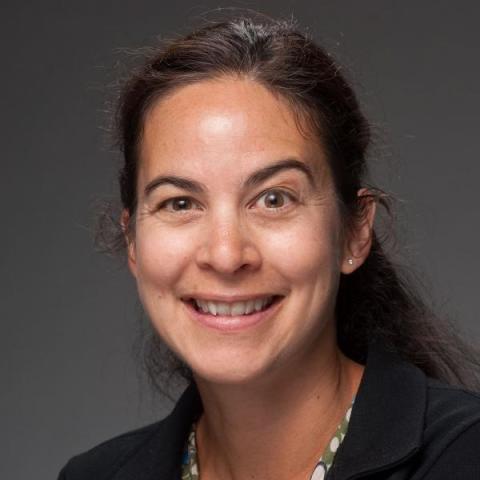
Semra Aytur, PhD, MPH is a Professor in the Department of Health Policy and Management at the University of New Hampshire. Dr. Aytur is an Epidemiologist whose research focuses on community resilience and the relationships between the built, social, and natural environment in keeping people well. She has published over 60 scientific journal articles. Dr. Aytur serves as the Climate Justice Co-Chair for New Hampshire Healthcare Workers for Climate Action (NH HWCA). In 2022, Dr. Aytur received the Climate and Health Leadership Award from the American Public Health Association (APHA) Center for Climate, Health, and Equity. She was also a recipient of the Betty J. Cleckley Minority Issues Research Award (2019) which recognizes individuals in public health research who have made significant contributions to research affecting people who are members of historically marginalized groups. Dr. Aytur earned a PhD in Epidemiology from the University of North Carolina (UNC) Chapel Hill followed by a postdoctoral fellowship in cardiovascular epidemiology. She also has a Master’s in Public Health (MPH) from Boston University.
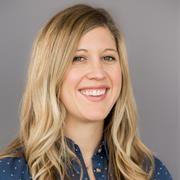
Lauren Ferguson, Ph.D., is an Assistant Professor in the Department of Recreation Management and Policy at the University of New Hampshire. Over the past several years, she’s evolved her research program into one that is both applied and interdisciplinary. One line of research involves soundscape management within national parks. This research agenda began in 2014 with an experimentally designed, lab-based study that examined the influence of natural sounds on human health and wellbeing. This line continued with a field-based study of climbers’ perceptions of soundscapes on the Grand Teton. She was awarded the Boyd Evison Fellowship, as well as a grant from the University of Wyoming/NPS Research Station to pursue this research. Evidence from this line of research has been conveyed in technical reports, research presentations and a refereed journal article. Dr. Ferguson’s teaching, broadly speaking, focuses on experiential learning and human dimensions of natural resources, with additional expertise in nonprofit organizations, grantsmanship, research design, and law. Her approach to teaching emphasizes using hands-on learning experiences that are applied to teach students content and skills which translate into their professional careers. She earned both her Ph.D. and M.S. in Recreation, Park and Tourism Management from Pennsylvania State University.
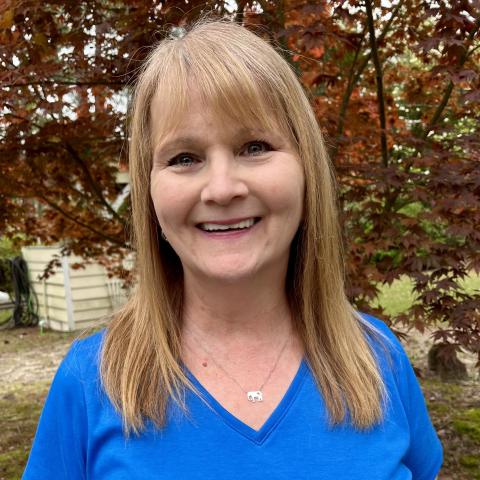
Suzanna Fletcher is the Chief of Clinical Practices and a forest therapy guide for BirchWalking, a social impact organization that provides environments for people to awaken and deepen connections with nature beings for the benefit of both. Suzanna’s inspiration to become a certified forest therapy guide came from her work in the mental health field over the past 25 plus years with very diverse populations (including children, individuals with autism spectrum disorders, and veterans with PTSD or chronic pain) and environments. Certified as a Forest Therapy Guide by the Association of Nature and Forest Therapy guides and Programs (ANFT), Sue offers tailored forest bathing experiences for groups, families, and professional teams. She resides and works in North Carolina from the middle of October to the middle of May and in New Hampshire from the middle of May to the middle of October. Suzanna has a Bachelor’s Degree in Psychology from the Wheaton College. She has a Master’s of Education Degree from the University of New Hampshire. She also has a Master’s of Science degree in Psychology and a Doctorate in Psychology from Antioch University New England. She is a member of the American Psychological Association.
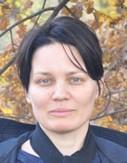
Anastassia Makarieva, Ph.D., is a Senior Researcher in the Theoretical Physics Division of Petersburg Nuclear Physics Institute, where she investigates life-environment interactions in the framework of the biotic regulation concept founded by Prof. Victor Gorshkov. In co-authorship with V.G. Gorshkov, Dr. Makarieva formulated the concept of the biotic pump of atmospheric moisture, highlighting key ecological feedbacks on atmospheric moisture transport. In collaboration with an international team of colleagues, she demonstrated the existence of life’s metabolic optimum (broadly universal rate of energy consumption across life’s kingdoms) (2008). Combining theoretical work with field observations, Dr. Makarieva spent over 60 months doing forest research in the Russian wilderness. Her current research focuses on deepening the physical understanding of ecosystem feedback on the water cycle and moisture transport. Dr. Makarieva graduated from Leningrad Polytechnic Institute, Faculty of Physics and Mechanics and obtained her PhD in atmospheric physics from St. Petersburg State University in 2000.
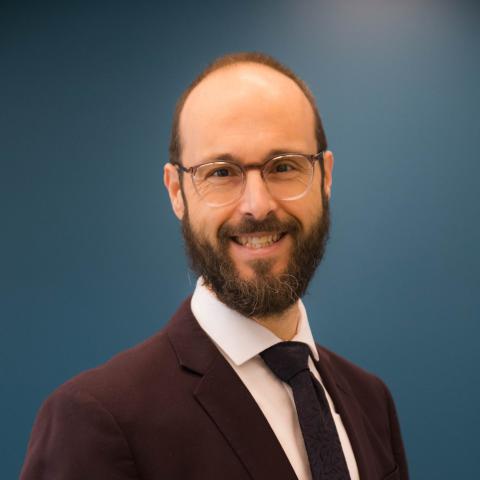
Gibran Mancus, PhD, RN, has 13 years of experience as a nurse, researcher, and educator with nonprofits and public sector agencies involved in Global, Environmental and Occupational Health (“Geohealth”). Dr. Mancus’ work focuses on furthering the understanding how factors of the built and social environment influence human health and the development of environmental remediation and therapy programing. Guided by a planetary health framework, Gibran utilizes mixed methods to explore individual and community factors of health in the places where people work, live and play.
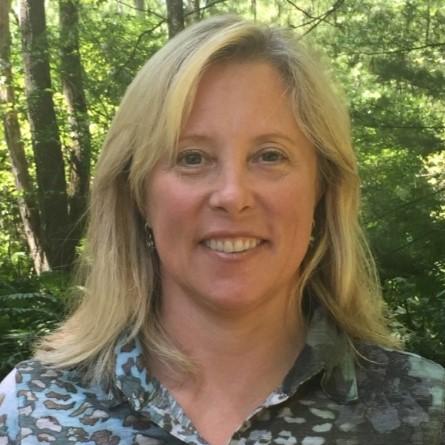
Dr. Susan A. Masino is the Vernon D. Roosa Professor of Applied Science at Trinity College in Hartford, CT. Her research focuses on promoting and restoring brain health, with a particular interest in the relationship among metabolism, brain activity and behavior. In addition to her laboratory research, Dr. Masino is interested in how environmental policies can improve brain health – with a special focus on New England’s amazing forests – and is involved in local educational and environmental issues. During 2018-2019 she was a Charles Bullard Fellow in Forest Research at Harvard.
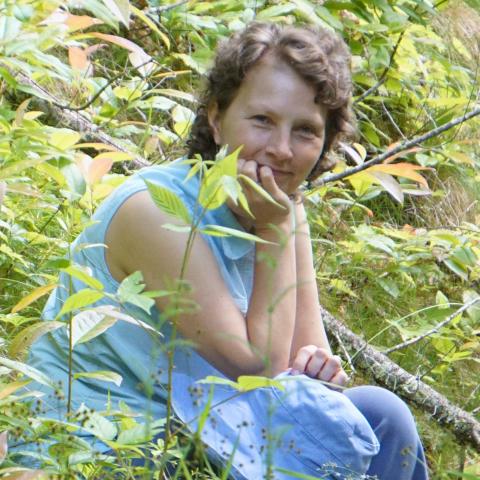
Nadine Mazzola is the multi award-winning author of the book Forest Bathing with Your Dog, and a speaker, educator and experienced Certified Forest Therapy Guide and Somatics Educator. Her consulting and workshops focus the application of Nature and Forest Therapy to benefit people of different populations. Nadine is a senior-trainer for the Association of Nature and Forest Therapy (ANFT) and has trained hundreds of forest therapy guides around the world. Previously a member of the ANFT leadership team, she is now an Advisor to ANFT, and consults with them on research projects, strategic planning, training methods and curriculum design. During her tenure with ANFT, Nadine consulted on the design of multiple research projects studying the practice of Relational Forest Therapy and its effects on various aspects of psychological, spiritual and physiological human health and the health of forests. She is currently in the process of designing a research project on the effects of forest therapy on loneliness, partnering with Courtney L. Schultz, Executive Director of Health and Technology Partners.
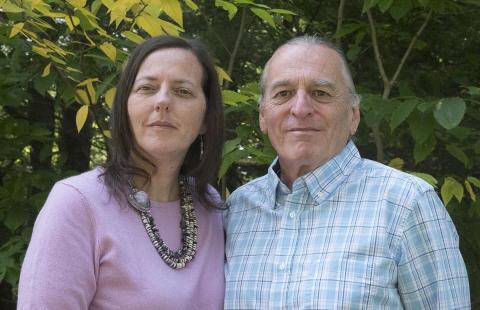
Paul and Denise Pouliot, head speakers of the Cowasuck Band of the Pennacook-Abenaki People, NH and leaders of the Indigenous New Hampshire Collaborative Collective (INHCC). Denise is the Sag8moskwa (Head Female Speaker) and Paul is the Sag8mo (Head Male Speaker/Grand Chief) of the Cowasuck Band of the Pennacook-Abenaki People that is headquartered in Alton, NH. In addition to their Tribal responsibilities, they serve the greater community on several state and regional alliances that deal with race, equality, food insecurity, sustainability, education, climate change, social services, and justice related to marginalized and BIPOC communities.